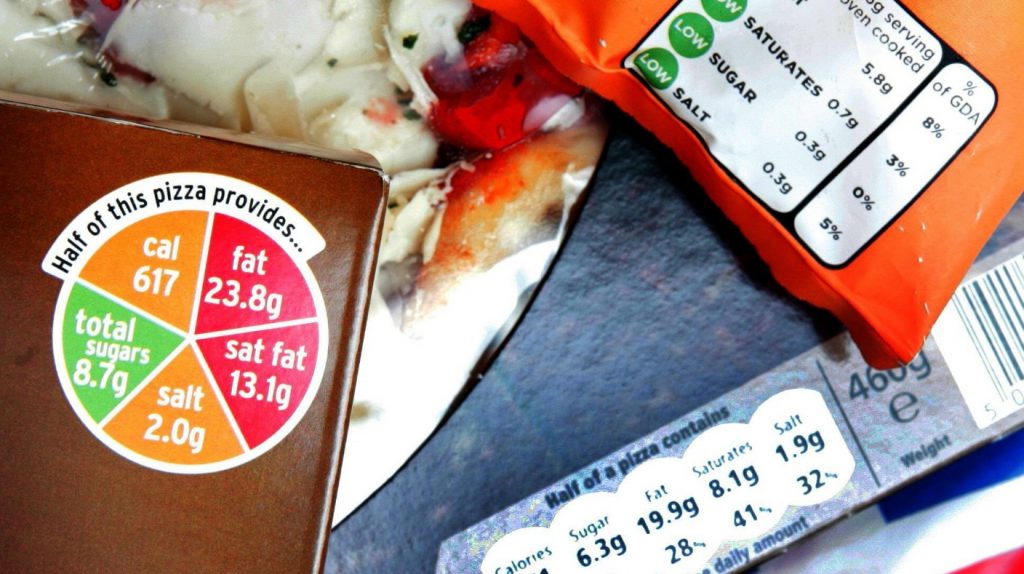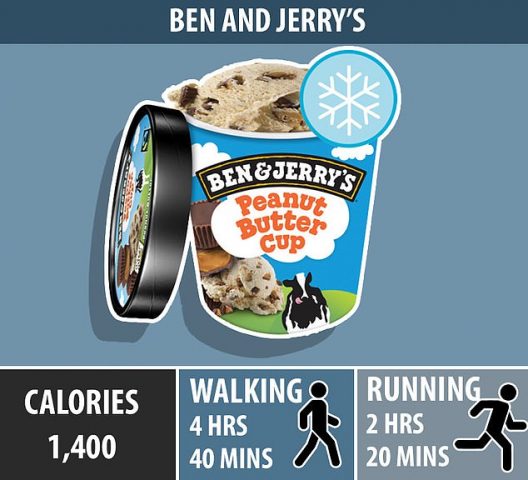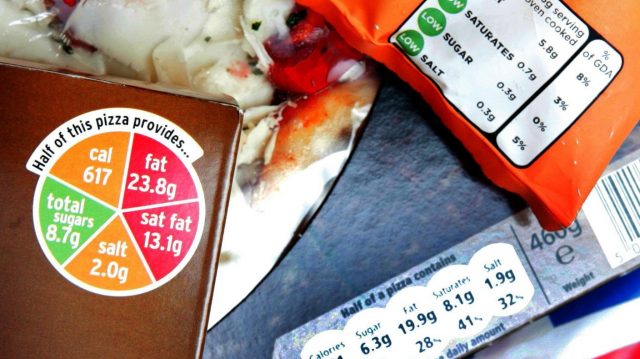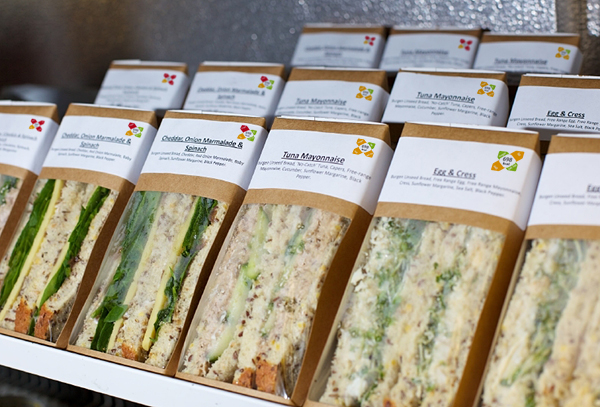Food (apparently not so) glorious food?

While I sit in my living room in a Christmas induced carbohydrate coma (with a digestive biscuit balanced on my left knee), I think back to a disturbing article I read before I entered the 4-day munching marathon that is Christmas.
The article was reporting a study, conducted by researchers from Loughborough University, suggesting that using PACE labelling (labels stating the amount of exercise one would need to do to work off the food item) to replace/use in conjunction with the commonly seen ‘traffic light’ system, could encourage healthy eating habits and help manage obesity. Emphasis on the word could.

(1)
Why change something that isn’t needed?
Following a meta-analysis of 15 Studies*, the researchers concluded that, compared to other nutritional labelling**, participants presented with PACE labelling were more likely to choose foods containing marginally fewer calories and indicated they would carry out the exercise suggested.
Now, the original traffic light system gets a big thumbs up from me; it’s simple, eye catching and not too intrusive. If you were then bombarded with the amount exercise you’d need to do to ‘work off’ your weekly Friday night pizza (4 hours according to the study) you’d probably feel pretty crap.

Nudging or shoving?
This attempt to limit calorie intake is past the point of nudging. It would be better described as aggressive shoving, for two main reasons:
-
It demonises exercise –
This system of labelling portrays exercise as a punishment. This would undoubtedly create negative associations between food and exercise, particularly for those that have suffered with disordered eating. Exercise should be a CELEBRATION of what your body can do, not a PUNISHMENT for what you have just eaten.
-
It suggests you need to earn food –
This method creates the illusion that we need to ‘earn food’. The research team hopes the method will ‘spur [the public] to move about more in a bid to burn off the energy they have consumed’. Our bodies need fuel. Even if we are completely sedentary we need to eat; calories are not optional.

Libertarian paternalism taken too far
Now, I am all for nudging people into changing their behaviour for better living. Libertarian paternalism has proven successful on a number of occasions: to reduce littering, drink driving and smoking, to name but a few. These behaviours are inherently damaging, but eating a pizza isn’t the same and should not be made to seem like a punishable offence.
This method of behaviour change is one step too far and I don’t think the consequences have been properly thought through. I hope we won’t be seeing it on menus or food labels any time soon. In the meantime I’ll go back to eating my pack of biscuits in peace.